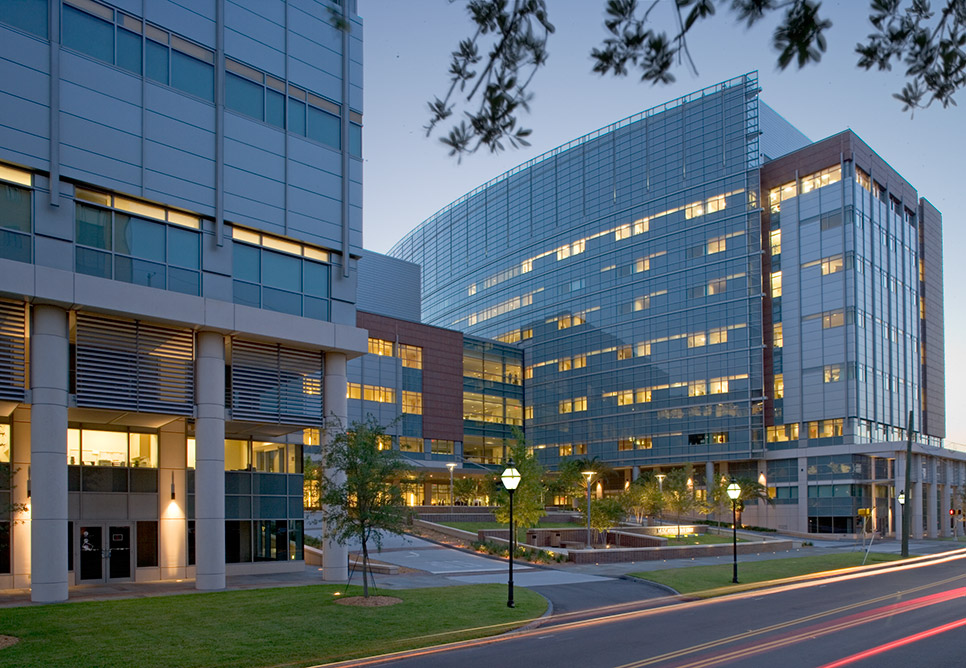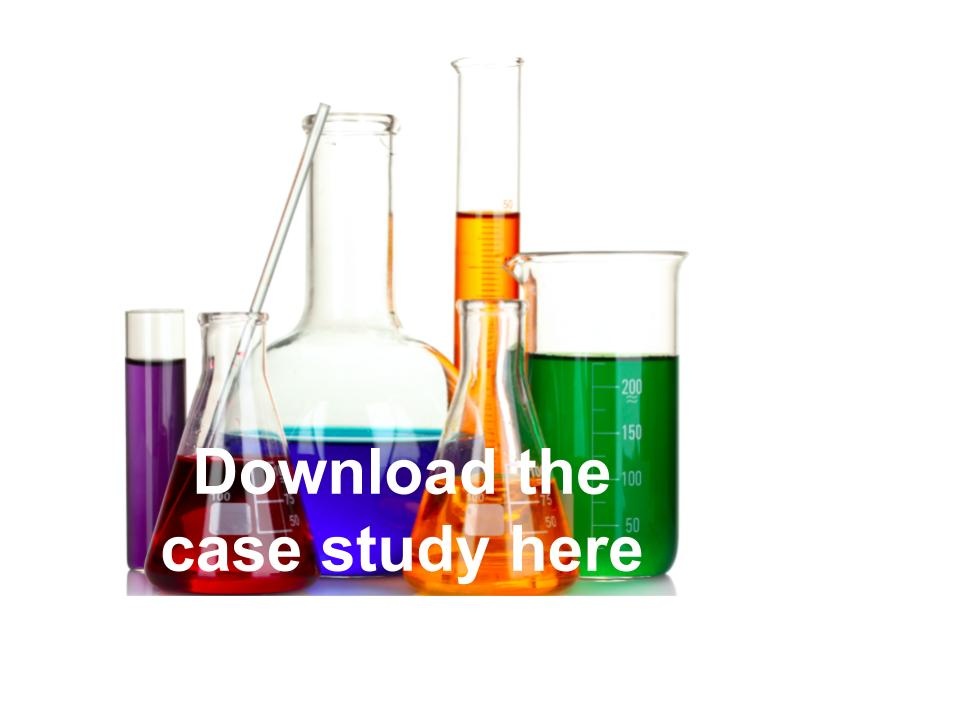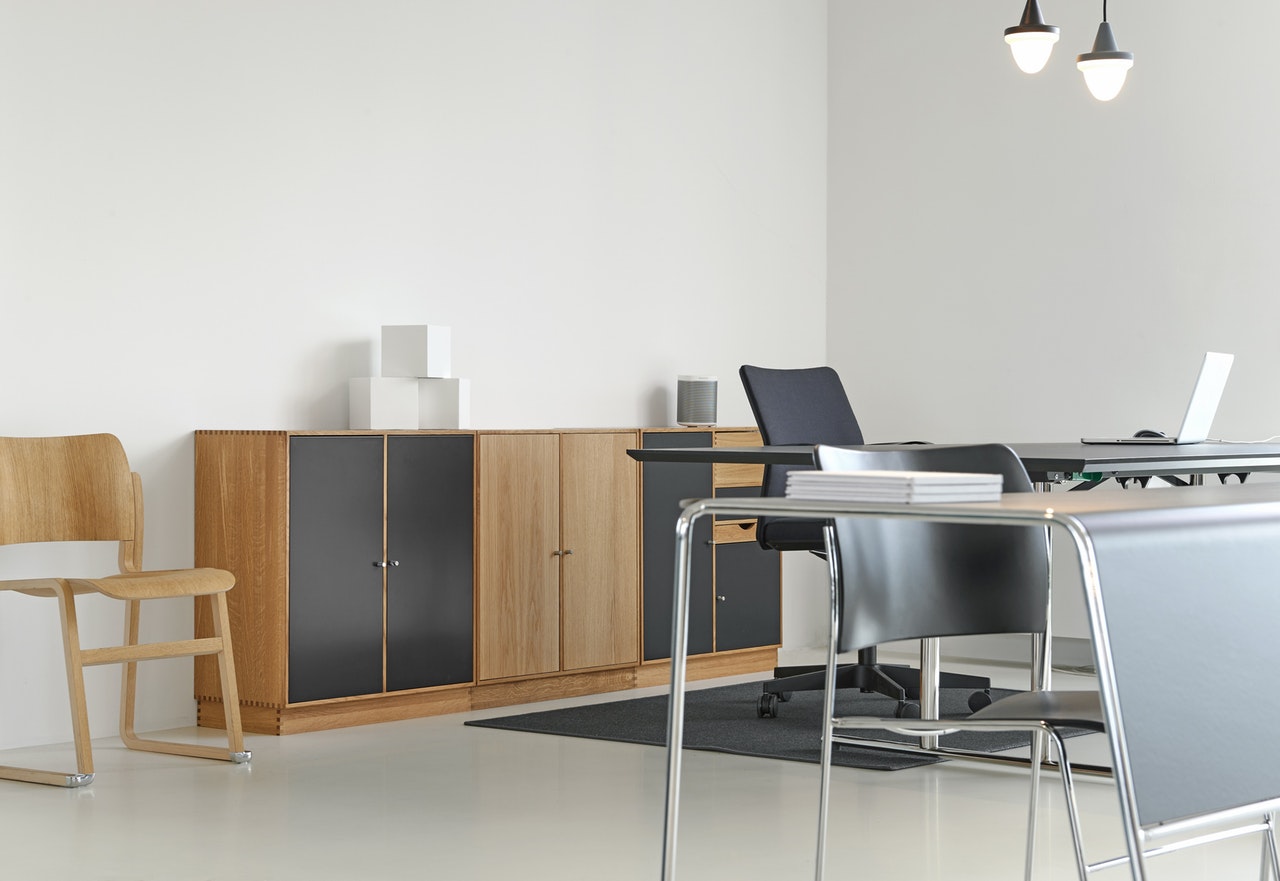In this session we are talking to John Brooker from the Medical University of South Carolina (MUSC) about lab recycling.
Many of our members work in labs, so we thought this would be a good educational cross over. Also, this year you might be looking at laboratory recycling...and next year you might want to tackle lab reuse. You already know we can help with that! See our lab reuse case study here.
We talk to John about his journey introducing lab recycling on a large medical campus. You can download the case study at the end.
Warp It are pleased to welcome John Brooker from the Medical University of South Carolina (MUSC). In his role as Program Coordinator, he has been responsible for many helpful and innovative projects around campus and in various departments. In this interview we will be discussing project management, recycling in laboratories, staff training and much more…

Hi John, can you tell us a bit about the process of implementing a new project at MUSC?
Sure, so the way it started was there is a project method called LEAN. It is a project process that our VP and MUSC supported, and so they have this certain structure where you identify opportunity, measure impact and analyse a problem. Then you cite the remedy, then you operationalize the remedy, and then you validate the improvements, and continue validating it over time.

How did you use LEAN to implement a waste reuse or recycling project?
We partnered with a couple of different people. We partnered with various stakeholders involved in lab safety and waste disposal, as well as office administrators and researchers. We are actually classified under ‘Engineering Facilities’, so we partnered with the CFO, business manager, and housekeeping. We also worked with OSHA, Occupational Safety and Health. Finally we partnered with the lead team coordinator, so that's the person implementing this LEAN process for the project.
So that was assembling the team. Then we looked at the opportunity, and the opportunity was how much plastic, glass, metal, but specifically plastic because that’s huge in labs, we could recycle. There are a lot of pipettes, boxes and other kinds of lab disposables - also glassware and aluminium.
We started this in October 2013, and the goal of the lab recycling project was to divert lab related plastic, glass and metal from the landfill, and increase confidential paper shredding and recycling.
Was this project university-wide or just for the labs?
Just for the labs, because labs aren’t really a standard place for recycling. They’re usually given a recycling bin, because of the hazardous waste dangers. It was calculated that there could be a potential saving of $6,000 per year, per 100 recycling bins, based on volume. That saving figure was based on how often we were taking out the trash, since we pay for disposal by the load. If you can decrease the trash, you can decrease how much MUSC is paying for it to be taken to landfill. We did have to make an initial investment of $22,000 for the bins, but that was a one time cost.
What pressures did you face?
We really wanted to make sure we had increased support from management for the project. We wanted to increase educational opportunities for all levels of staff that would be potentially using the project. We also wanted to really think about our crew safety, as that’s paramount, making sure they aren’t picking up hazardous materials for example. We also wanted to make very clear the difference between recycling and housekeeping.
What was the next step?
So going forward with the operation. The main way it works is we identify the labs, and it's a voluntary program, so we contact the department and said "Hey we're doing this, please give us a list of your Principal Investigators." And then we go and contact them and encourage them to be in the program. Once they say yes, someone from the recycling office will go over to that lab, coordinate a time with them, and try to make sure all the lab members will be present and we take them through a training program that we have developed with that team I mentioned earlier.
What goes on in this training?
The first chunk of the foundation is actually just reiterating what people should already know about how to throw away hazardous waste. We start with some safety info reaffirming they know what they are doing with their hazardous waste, since we’re now bringing something new in.
It’s really to just sit and take time with people, talk to them and ask “what do you do?”. They asked me “isn’t recycling just throwing stuff away?” and I was like “No, no it’s not”. It’s good to have a rebuttal to some of those comments and some people say “Oh, I didn’t know you existed. What else do you guys do?”. This way they can learn even more, get involved and get empowered!
Does this face-to-face style help you get known as the ‘lab recycling guy’?
Oh yeah! So when I walk around campus now, I recognize everyone. I don’t know all their names, but I recognise them. This rapport that we’ve built opens up the communication channels and builds trust. One of the biggest side-benefits of the cost savings and diversion is that you get people on your side and they help you establish legitimacy.

After you’ve trained the staff, what happens?
We actually quiz them! We go over the quiz with them, but no-one really fails the quiz. I’ve had people make a couple of mistakes but usually they just misread the question. After the quiz, we give them their bins.
Does the size of the university cause any problems?
It can be quite difficult because we have a big university and just trying to get an updated lab list is hard. There’s a lot of turnover of people, and there’s almost 15,000 people that work for MUSC in some capacity. We are trying to get every department on board to let us know when they have new people, that way we don’t have to reach out, they’ll come to us when there’s a new person. I think if you get someone right at the beginning, that’s the best way to do it, because they’ll know “oh this is the way it’s done” and they won’t have to relearn.

What have been the biggest barriers to success?
As far as barriers, let's see, yeah so funds to purchase bins and hiring new staff every time, that's hard. That's something that you can take care of with grants or good business practices within your department. Safety issues and the perception of danger are big obstacles too. To counter that, we put a wall mount up with visuals of what you can recycle and we even reaffirm their safety protocols.
That’s great John, thank you!









